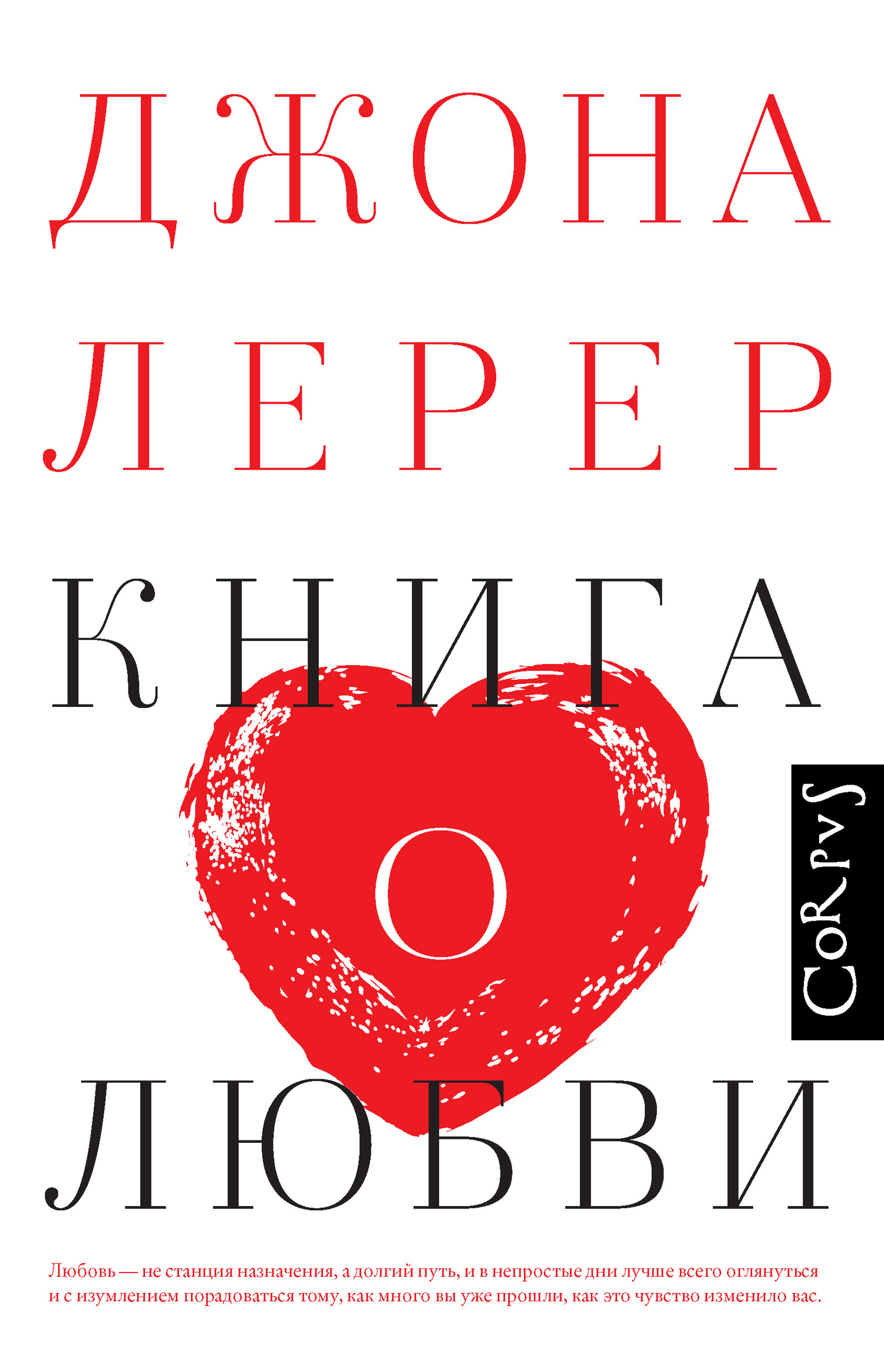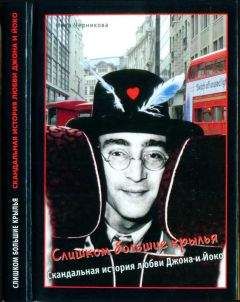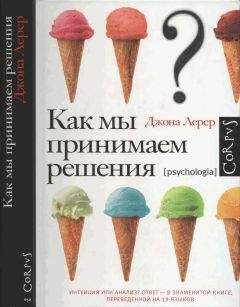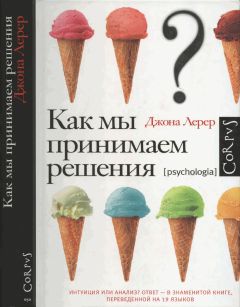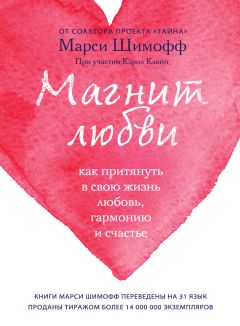class="title6">
516
Montaigne M. Essays of Montaigne / Trans. by Charles Cotton, http:// archive.org/details/essaysofmontaign00mont, 34–37.
Перевод А. М. Руткевича. – Примеч. пер.
Freud S. Civilization and Its Discontents. New York: W. W. Norton, 2005. P. 34.
Как писал Монтень, “попытаться забыть что-нибудь – самый верный способ запомнить это навсегда”.
Freud S. On the History of the Psycho-analytic Movement. New York: W. W. Norton, 1989.
Roisman G. et al. Earned-secure attachment status in retrospect and prospect // Child Development, July 2002.
Siegel D. J. The Developing Mind. New York: Guilford Press, 1999. P. 118–120.
Джоан Дидион (р. 1934) – американская писательница и журналистка, много внимания уделявшая в своих работах теме социальной разобщенности. – Примеч. перев.
Gottman J. M., Gottman J., Silver N. What Makes Love Last?: How to Build Trust and Avoid Betrayal. New York: Simon & Schuster, 2013. P. 215.
Ibid. P. 216.
Ibid. P. 217.
Buehlman K. T., Gottman J. M., Katz L. F. How a couple views their past predicts their future: Predicting divorce from an oral history interview // Journal of Family Psychology 5.3–4 (1992): 295.
Montaigne M. The Complete Essays of Montaigne. Palo Alto, CA: Stanford University Press, 1958. P. 178.
Langer U. (Ed.). The Cambridge Companion to Montaigne. Cambridge: Cambridge University Press, 2005. P. 173.
Newkirk Th. Montaigne’s revisions // Rhetoric Review 24.3 (2005): 298–315. Имеется в виду новелла Бальзака “Неведомый шедевр”, позже включенная в цикл “Человеческая комедия”. – Примеч. перев.
Woolf V. The Common Reader. First Series. Boston: Mariner Books, 2002. P. 66.
Montaigne M. The Complete Essays of Montaigne. P. 611.
Bakewell S. How to Live, or, A Life of Montaigne. New York: Other Press, 2010. P. 43.
Pennebaker J. W. Opening Up: The Healing Power of Expressing Emotions. New York: Guilford Publications, 1997. P. 8.
Ibid. P. 10.
Ibid. P. 32.
Ibid. P. 33.
Pennebaker J. Writing about emotional experiences as a therapeutic process // Psychological Science 3 (May 1997); Petrie K. J. et al. Disclosure of trauma and immune response to a hepatitis B vaccination program // Journal of Consulting and Clinical Psychology 63.5 (1995): 787.
На основании этих результатов Пеннебейкер рекомендует найти время, чтобы сесть и поведать бумаге все неприятные события, которые с вами произошли. Выкраивать хотя бы по четверти часа, чтобы попытаться описать, что произошло, что вы по этому поводу чувствуете и почему вы это чувствуете. При этом, сказал мне в интервью Пеннебейкер, не обязательно записывать все по горячим следам: “Если вы чувствуете, что негативные события выбили вас из колеи и вы не в состоянии писать – не пишите. Порой лучше отойти на безопасное расстояние, прежде чем выражать свои чувства словами”. Но независимо от того, когда вы взялись за записи, пользу эта практика будет приносить вам еще долгие годы.
Pennebaker J. W. Opening Up: The Healing Power of Expressing Emotions. New York: Guilford Publications, 1997. P. 103.
Ibid.
Begley A. Updike. New York: HarperCollins, 2014. P. 14.
Erikson E. H. Identity and the Life Cycle. New York: W. W. Norton, 1980. P. 104.
Fivush R., Bohanek J. G., Duke M. The intergenerational self: Subjective perspective and family history // Sani F. (ed.). Self Continuity: Individual and Collective Perspectives. Mahwah, NJ: Erlbaum, 2008.
http://www.huffingtonpost.com/marshall-p-duke/the-stories-thatbind-us-_b_2918975.html.
Bohanek J., Fivush R., Zaman W., Lepore C. E., Merchant S., Duke M. P. Narrative interaction in family dinnertime conversations // Merrill-Palmer Quarterly (Wayne State University Press) 55, no. 4 (2009): 488.
Fivush R., Bohanek J. G., Duke M. The intergenerational self: Subjective perspective and family history // Sani F. (ed.). Self Continuity: Individual and Collective Perspectives. Mahwah, NJ: Erlbaum, 2008.
Fivush R. et al. The power of family history in adolescent identity and well-being // Journal of Family Life, February 2010.
Fivush R., Bohanek J. G., Duke M. The intergenerational self: Subjective perspective and family history // Sani F. (ed.). Self Continuity: Individual and Collective Perspectives. Mahwah, NJ: Erlbaum, 2008.
Hofferth S. L., Sandberg J. F. How American children spend their time // Journal of Marriage and Family 63.2 (2001): 295–308; Sandberg J. F., Hofferth S. L. Changes in children’s time with parents: United States, 1981–1997 // Demography 38.3 (2001): 423–436.
The importance of family dinners // National Center on Addiction and Substance Abuse at Columbia University, 2007, http:family-dinners-//www.casacolumbia.org/newsroom/press-releases/2007-4.
Duke M. P. et al. Of ketchup and kin: Dinnertime conversations as a major source of family knowledge, family adjustment, and family resilience // Emory Center for Myth and Ritual in American Life Working Paper no. 26 (May 2003); Hofferth S. L., Sandberg J. F. How American children spend their time; см. также: Sandberg J. F., Hofferth S. L. Changes in children’s time with parents: United States, 1981–1997.
Чем мы заняты вместо этого? По опросам, дети проводят время за компьютером, принимают участие в “организованных мероприятиях” вроде Малой баскетбольной лиги или делают уроки.
Christensen K., Schneider B. L. (eds.). Workplace Flexibility: Realigning 20th-Century Jobs for a 21st-Century Workforce. Ithaca, NY: ILR Press, 2010. Pp. 63–65.
McAdams D. The Redemptive Self. Oxford: Oxford University Press, 2007. P. 5.
McAdams D. P. Narrating the generative life // Psychological Science, 2015; McAdams D. P. The positive psychology of adult generativity: Caring for the
